MS-LS2-4
Construct an argument supported by empirical evidence that changes to physical or biological components of an ecosystem affect populations.
-
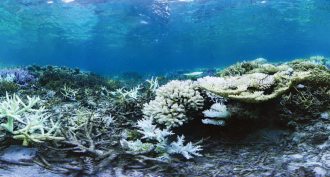 Oceans
OceansCreative ways to help coral reefs recover
Coral reefs are under siege from threats ranging from climate change to explosives. But scientists are developing ways to rebuild reefs before they disappear.
-
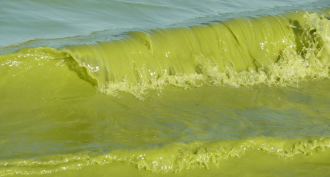 Tech
TechWater sensor quickly detects algal poison
A new sensor can detect poisons from harmful algae within minutes so that drinking-water plants can start timely treatments.
-
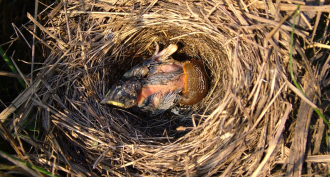 Animals
AnimalsGiant slugs snack on baby birds
When they accidentally run into bird nests sitting on the ground, some slugs help themselves to a free, easy meal of bird chicks.
-
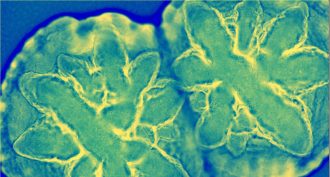 Microbes
MicrobesMouth germs team up to boost disease risk
The oxygen given off by harmless mouth bacteria can help disease-causing invaders grow strong and flourish.
-
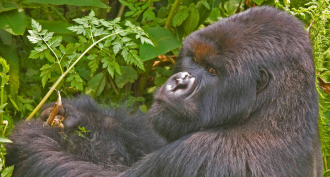 Health & Medicine
Health & MedicineCool Jobs: Linking animal health to human health
Scientists who watch out for diseases in wild animals also can play a role in keeping people from getting sick.
By Liz Devitt -
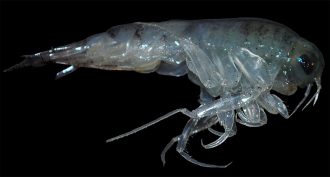 Ecosystems
EcosystemsAlgae embedded in sea ice drive the Arctic food web
Scientists traced where zooplankton in the Arctic get their energy from. Many open ocean species rely on algae found in sea ice, which is disappearing.
-
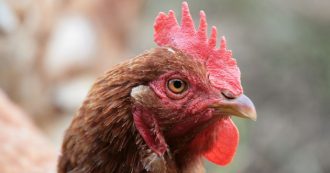 Health & Medicine
Health & MedicineWill chicken cologne guard you from malaria?
Mosquitoes that carry malaria are repelled by the smell of chickens. In malaria country, that could make these birds a human’s best friend.
-
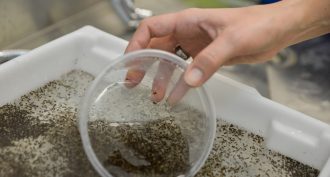 Genetics
GeneticsGM mosquitoes cut rate of viral disease in Brazil
Adults males carrying the altered gene cannot father young that survive to adulthood. That’s when they suck blood — and can transmit disease.
By Susan Milius -
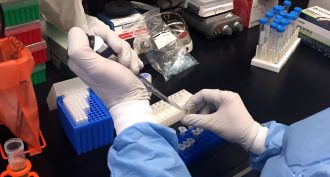 Health & Medicine
Health & MedicineU.S. mosquitoes now spreading Zika virus
Scientists had worried that if people sick with Zika came to America, local mosquitoes might bite them and spread the disease. That’s now happened.
By Meghan Rosen -
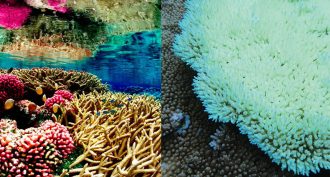 Animals
AnimalsCurrent coral bleaching event is the longest known
Heat stress has led to the longest coral bleaching event on record. Scientists now worry that global warming may make such prolonged crises more frequent.
-
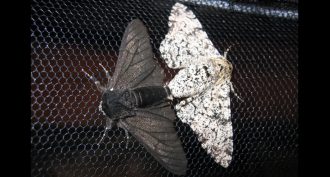 Life
LifeHow a moth went to the dark side
Peppered moths and some butterflies are icons of evolution. Now scientists have found a gene responsible for making them so.
-
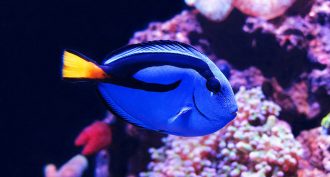 Animals
AnimalsCatching ‘Dory’ fish can poison entire coral reef ecosystems
More than half of saltwater-aquarium fish sold in the United States may have been caught in the wild using cyanide, new data show.